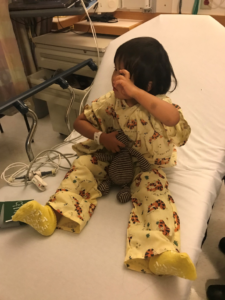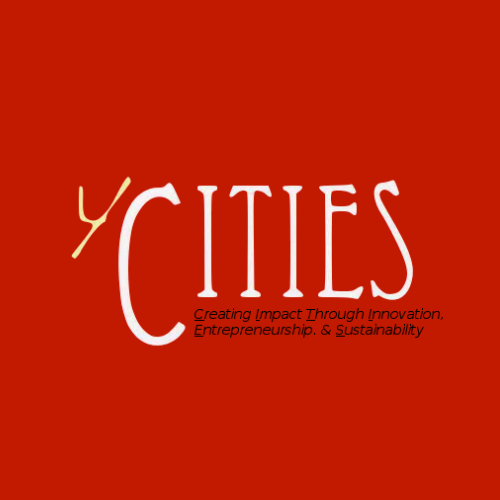As a veteran of the local entrepreneurial ecosystem, both as a tech entrepreneur and angel investor, it is my passion to discover innovative ways to apply technology and design in order to address pain points. For the past decade, I’ve channeled my experiences into an outlet for cultivating young minds to become entrepreneurial problem-solvers in hopes of making a\better world so that these young critical thinkers can go on to become\leaders in their fields and address some of the world’s most complex problems. Becoming a mom almost 12 years ago was the impetus for wanting to change how we teach kids how to think. I believed that there were core values and fundamental problem-solving skills I wanted my kids to have…and if I was going to create it for my own kids, I might as well do so for as many other kids as possible.
I run a fall bootcamp called the L3 Innovation Challenge, which is a design-thinking-meets-hackathon program. We’ve partnered with Boston Children’s Hospital’s Innovation Team each year, and we issue a central challenge that students are supposed to tackle in teams. Among many things, it teaches the “human-side” of STEM, whereby students begin to understand that technology for the sake of technology isn’t a solution unto itself. Even if a technology works, it may not be a realistic solution from a usability or behavioral or stakeholder ecosystem standpoint. There are human habits, motivations, biases, and error involved that can turn even the most intelligent and well thought-out assumptions upside down. I love this program, and the many different innovative ideas – along with varying levels of low and mid fidelity prototypes – that are created. Sometimes, I’ll read an article in some innovation news source and see that adults have come up with an idea and raised venture funding…and the ideas are the same as the ones thought up by my students. That’s how amazing my students are.
 Now, my professional and personal life are intersecting again. Recently, I adopted a medical special needs child, who is a patient at Boston Children’s Hospital. In addition to having Boston Children’s as our Anchor Partner, Bose Labs is our Challenge Partner this year. Challenge partners provide the Bootcamp a variety of resources, and our students are required to incorporate products or tools from our Challenge Partners into their finale solution prototype. Our 2019 L3 Innovation Challenge is going to be about creating innovative solutions for the needs of my 4 year old daughter.
Now, my professional and personal life are intersecting again. Recently, I adopted a medical special needs child, who is a patient at Boston Children’s Hospital. In addition to having Boston Children’s as our Anchor Partner, Bose Labs is our Challenge Partner this year. Challenge partners provide the Bootcamp a variety of resources, and our students are required to incorporate products or tools from our Challenge Partners into their finale solution prototype. Our 2019 L3 Innovation Challenge is going to be about creating innovative solutions for the needs of my 4 year old daughter.
When I was in the early stages of the adoption process, I always felt that I was in a unique position to provide amazing potential for a medical special needs child, because of how fortunate I am to be in the midst of such an amazing local innovation/entrepreneurial ecosystem. If there are unmet needs and the right drive/direction…my friends and network in the Greater Boston area were the right ones to tap into. I’m so excited to see – more than any other year – what transpires over the course of the next 7 weeks. Who knows what is in store for my daughter, and others like her!
